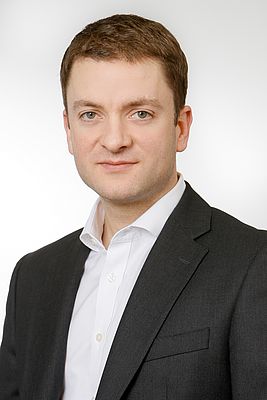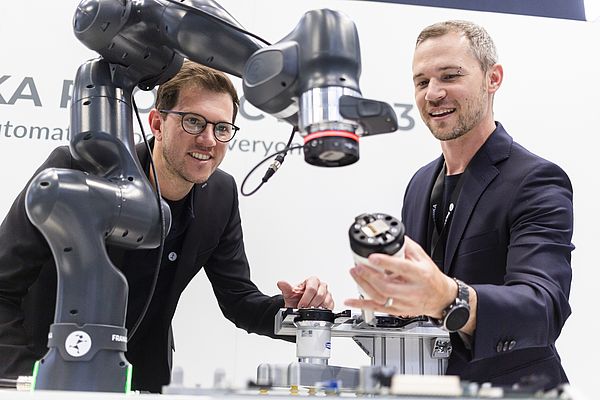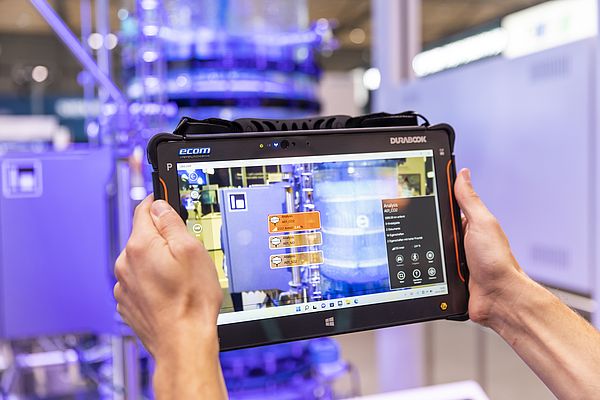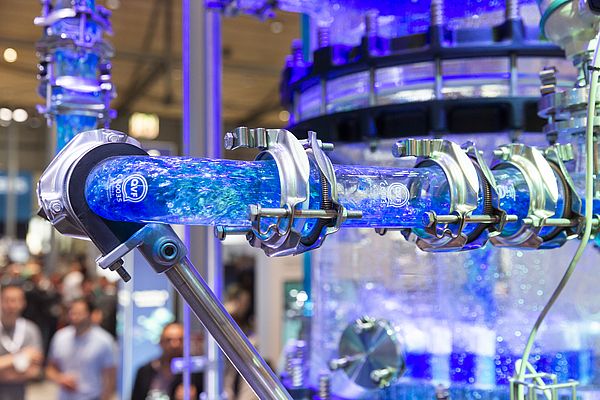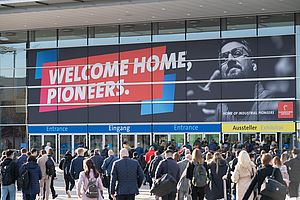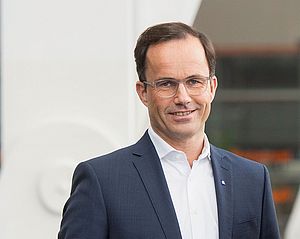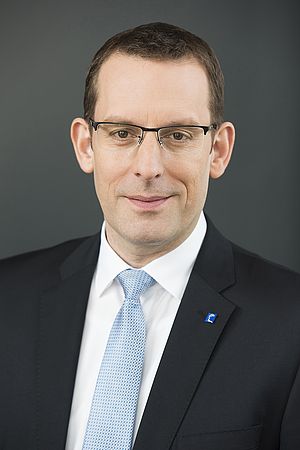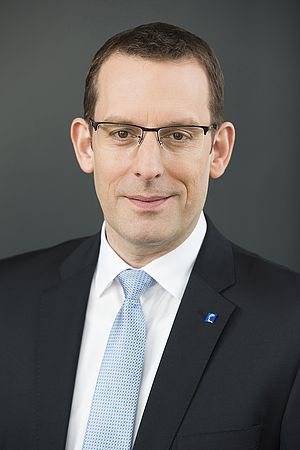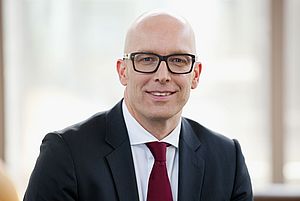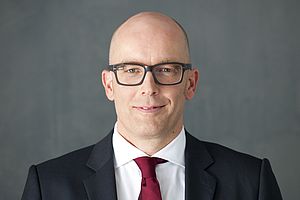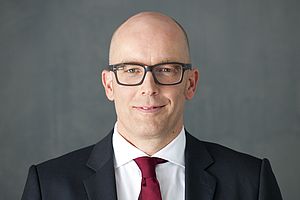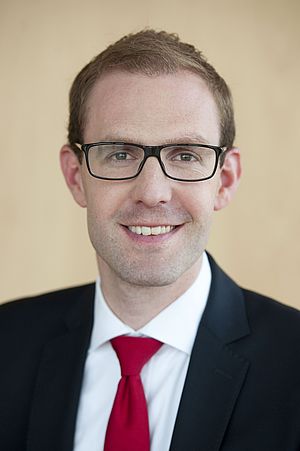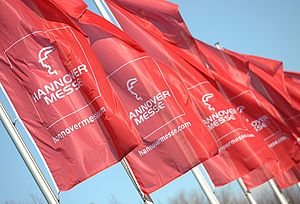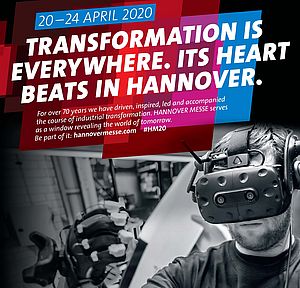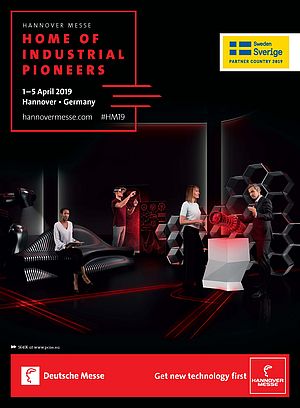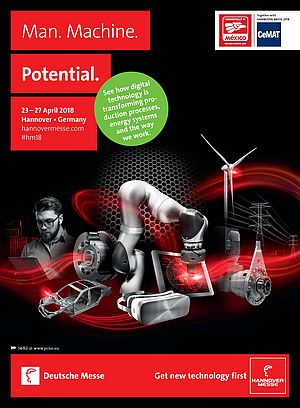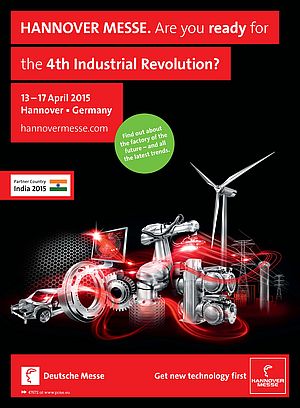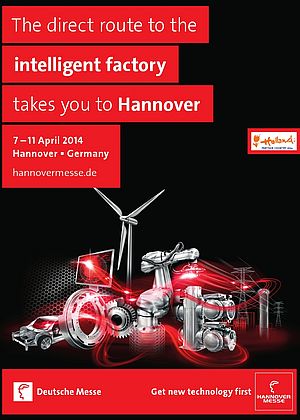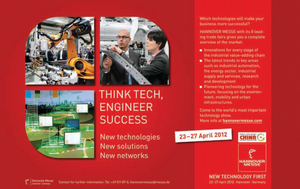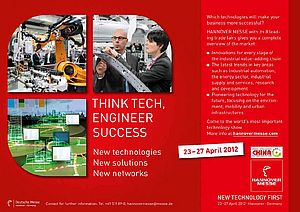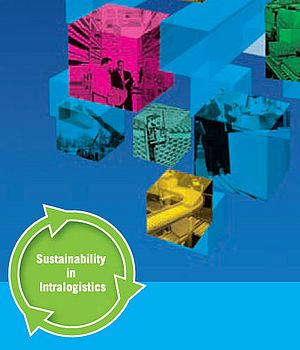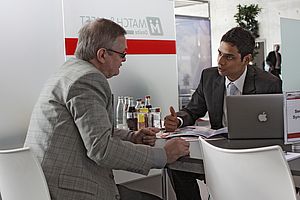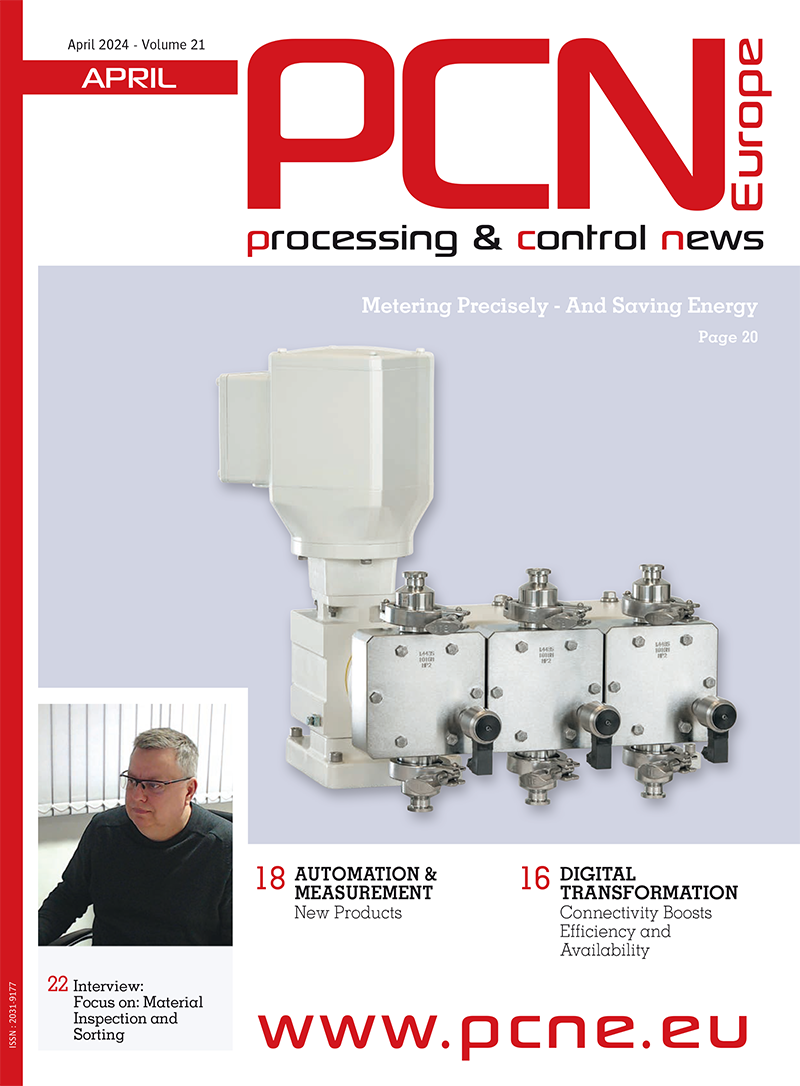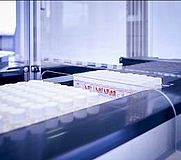PCN EUROPE: HANNOVER MESSE came back last year as a live event after a two-year pandemic break. What lessons did you learn from this come back and did it meet your expectations?
Hubertus von Monschaw: After such a long break with many restrictions on group gatherings and travel, it will take a long time for a large international trade fair like HANNOVER MESSE to return to pre-corona levels. Nevertheless, we are on the right track: at HANNOVER MESSE 2023, we expect around 4,000 exhibiting companies from all over the world. The pandemic and the war in Ukraine have completely changed global economic and political environments. Industry therefore faces many new challenges today, with energy shortages, supply chain disruptions, a shortage of skilled workers, and climate change at the top of the list. One key to solving these problems lies in the consistent use of technology; another is proper economic policy. HANNOVER MESSE 2023 focuses on both: Technologies for a networked and climate-neutral industry as well as discourse between industry, politics, science, and society.
PCN EUROPE: How do you evaluate the pertinence and efficiency of the digitalization of the products showcased as well as the use of your networking tool? Is it a strategy to be reconducted during the further events to come? Hubertus von Monschaw: We staged a 100% digital HANNOVER MESSE in 2021 because a face-toface event was not possible. We use the experience we gained to provide digital elements that complement the face-to-face trade fair. In 2023, for example, we offer live streaming from almost every stage at HANNOVER MESSE. In addition, visitors can take part virtually in the various guided tours and network virtually with exhibitors and other visitors. Networking tools are now standard at our trade fairs.
PCN EUROPE: Can you tell us more about HM 2023 lead theme Industrial Transformation – Making the Difference, and the industry trends to be discussed?
Hubertus von Monschaw: HANNOVER MESSE is the only event in the world where leading companies from the mechanical and electrical engineering sectors join those from the IT, software and energy branches to collectively present solutions for a climate-neutral industry.
From digitalizing and automating complex production processes to tapping hydrogen to operate entire production plants to using software to record and reduce carbon footprints, HANNOVER MESSE delivers a complete picture of the technological possibilities for the industry of today and tomorrow. HANNOVER MESSE showcases innovative solutions to many current challenges while spotlighting global megatrends.
For example, artificial intelligence (AI) plays an increasingly important role in industry. In addition to optimizing processes, the manufacturing industry increasingly relies on AI in simulation and product development. So-called generative AI will also find its way into industry. Systems such as ChatGPT or DALL-E can already provide support with text, programming and design. It is conceivable that AI will design machines in the future. On the subject of AI, HANNOVER MESSE offers a comprehensive range of visitor tours, forums and presentations of AI tools and use cases from exhibitors.
PCN EUROPE: In the times of energy shortages, climate change and supply chain problems, companies are eager to find solutions through technology. Can you tell us more about what is to come in regard with the solutions to be presented to answer these challenges?
Hubertus von Monschaw: Unregulated motors in pumps, fans, compressors and machines are still part of everyday life in many factories. Without intelligent control technology and the interaction of electrical engineering and IT, improvements in energy efficiency are almost impossible. In Hannover, providers of energy management solutions show smart energy monitoring systems that determine and optimize energy consumption at machine level and thus reduce the CO2 emissions.
HANNOVER MESSE focuses on green hydrogen, too, because industry wants to free itself from its dependence on fossil energy. Germany’s Ministry for Economic Affairs and Climate Protection describes hydrogen as a key energy source that is essential for the long-term success of the energy transition and for climate protection. But there are challenges, because producing green hydrogen is complex and expensive. In Hannover, more than 500 companies present hydrogen solutions for industry and experts explain and discuss issues such as availability, transportation and large-scale storage. For this reason, HANNOVER MESSE is the world's biggest and most important hydrogen platform. However, these are only two examples. HANNOVER MESSE provides a comprehensive overview of all industry trends from technological, economic and sociological points of view.
PCN EUROPE: This year’s partner country is Indonesia. What are they bringing to the event and how will they be represented?
Hubertus von Monschaw: Indonesia, which recorded economic growth of more than five percent in 2022, has reaped significant benefits from high commodity prices. By 2030, Indonesia aims to be one of the world’s ten largest economies. The Indonesia Pavilion is located in Hall 2 at HANNOVER MESSE. The IndonesiaGerman Business Summit takes place on 17 April. In addition, Indonesia stages a program of conferences, seminars and matchmaking events.
PCN EUROPE: "Making Indonesia 4.0" is the country’s motto for HM 2023. Do you expect many exhibitors from this economically dynamic part of the world? What technologies do you expect them to bring?
Hubertus von Monschaw: Indonesia wants to attract more labor-intensive manufacturing. Because of this, it will present itself at HANNOVER MESSE as a modern production location. Liberalized investment and labor laws have opened numerous sectors of the economy to foreign investors. In addition, new tax incentives direct funds into export production. Under the motto "Making Indonesia 4.0", more than 150 companies from Indonesia will participate in HANNOVER MESSE. In addition to “Making Indonesia 4.0”, areas of emphasis include foreign investment and industrial parks, sustainability and energy transition, startups and innovation, and human capital.


